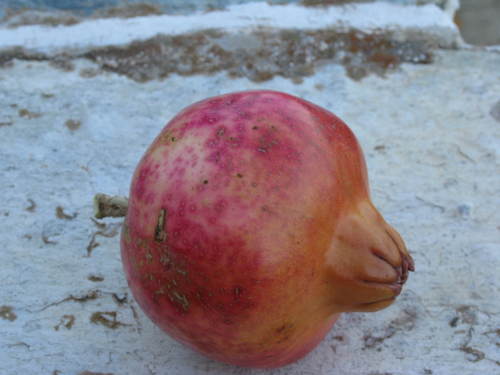
For more information, visit the Middle East Center website.

#ANEMONA HARTOCOLLIS TWITTER REGISTRATION#
Registration is not required to attend the lecture. “I hope the audience will see the interconnectedness of this problem among the Middle East, Europe, and America, for that matter.” “A crisis of this magnitude, anywhere in the world, will have some repercussions for our lives,” he says. Living in such a global world, Darakcioglu adds, people cannot ignore the tragic humanitarian repercussions of the Syrian Civil War. “I was familiar with sad stories of refugees through some of my relatives who still live in Kilis, but Anemona’s story allows us to trace their heartbreaking journey as the refugees leave Turkey and continue for their search of a secure and better life in Europe.”

“The population of the town, which was about 100,000, has been doubled since the beginning of the crisis,” he says. The number of Syrian refugees in Kilis is now almost equal to the number of native Turks, he says. Hartocollis was a clinical psychologist whose powerful and loving presence will be missed by. “In the past, we covered issues such as global epidemics and women’s rights across the world.”ĭarakcioglu was born in Kilis, a town in southern Turkey, just six miles from the Syrian border. Calliope Hartocollis, known as Pitsa, died peacefully at her home in Philadelphia, PA. “We tend to choose broad issues that cut across different world regions,” says Mehmet Darakcioglu, associate director of the Middle East Center, who was in charge of planning this year’s event. GDL is jointly organized annually by Penn’s National Resource and Area Studies centers to draw attention to globally important issues. The longtime journalist is this year’s featured speaker for the Global Distinguished Lecture (GDL) series. in the Widener Lecture Room at the Penn Museum, 3260 South St. Hartocollis will share her story at a free, public event on Monday, March 21, at 6:30 p.m. “They were very much like me and you, and many other Americans.” “What I witnessed was not a bunch of terrorists or people setting out to do anything bad,” Hartocollis says. She personally observed the biggest migration of refugees in Europe since World War II. Hartocollis filed stories every day that told the journeys of numerous refugees, most fleeing their war-torn home countries-along with their businesses, properties, and ways of life. “I was afraid for the refugees I was covering sometimes.

“There were scary moments,” Hartocollis says. They walked, took buses, and caught trains. For a month last summer, Anemona Hartocollis, a reporter for The New York Times, followed refugee families from Syria through northern Greece, across Macedonia, Serbia, Hungary, Austria, Germany, and Denmark.


 0 kommentar(er)
0 kommentar(er)
